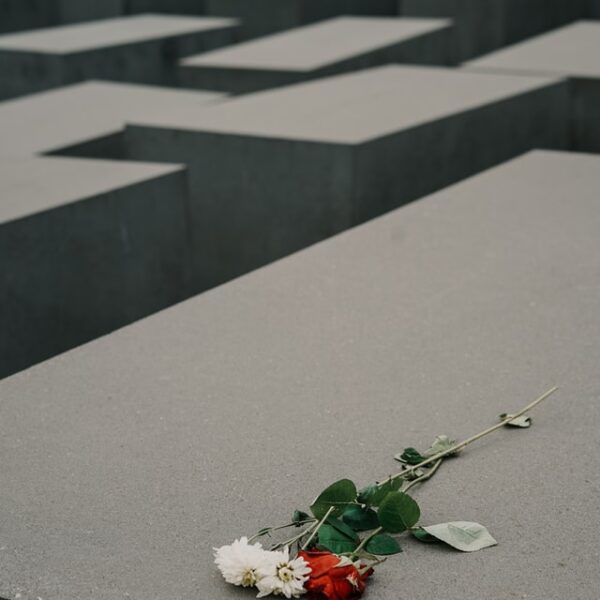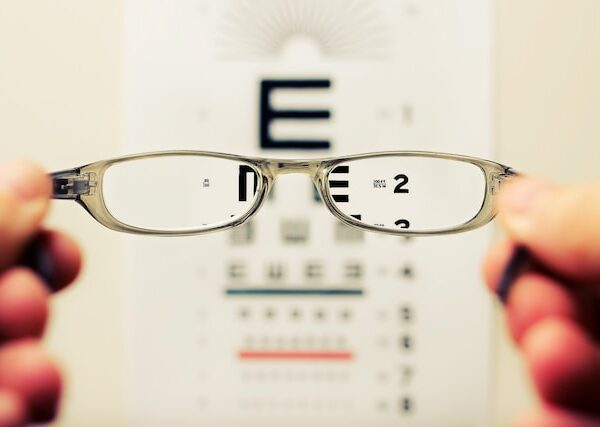First posted on: https://www.counselingpracticecoach.com/2020/09/21/hidden-weapon-against-the-mental-health-crisis/

Recently the NY Times reported, the WHO warned that the current global pandemic could result in a “massive increase in mental health conditions.” Sadly, experts are concerned that the suicide rates in the U.S. will rise just as it they did during the Great Depression. This is to say that we know that major national and global events are going to continue to significantly impact the mental health of many that go through it.
How Can Therapists Best Meet The Needs Of The Current Mental Health Crisis?
For those of us that are called to help others, we directly or indirectly feel the burden of meeting this increased need. I believe that there might be a treatment method that while overlooked, is uniquely suited to address the potential mental health crisis we have before us. That method is intensive outpatient therapy. An “intensive” in private practice is normally defined as multiple hours with a single client (couple, group). It differs from the traditional 50 minute session not only in time, but also effectiveness. This isn’t to say that our typical session length is not valid and helpful. Instead, it is to say that the power of intensive work is that it can expedite processing and is a level of care that meets the coming crisis.
Intensive Therapy; A Unique Answer For The Mental Health Crisis
Think about this; you have a client that was seeing you for anxiety before the pandemic began. You were working diligently on their anxiety and some of the underlying issues affecting it. Then the pandemic hit. Whether your client has been significantly impacted or not, they are now dealing with more emotional weight than before. This layering effect now impacts the progress that you were making and calls for a revision of the treatment plan. This is one small example of the type of situation that therapists are experiencing every day.
Now consider spending 6 hours one day with this same client. That may seem daunting, but many therapists are now offering intensive work as part of their private practice. Keep in mind that six hours of intensive therapy is the equivalent of at least 3 months of traditional sessions.
One of the common questions that I am asked about providing intensive therapy is whether there is enough to talk about for six hours (and more)? I always answer that there has never been an intensive that I have been a part of that was long enough! That is to say that there is more than enough material to work on. That couldn’t be more true than now. Our country and world are in a time that no current global generation has seen. As the layers of complexity that clients bring us increase, we need more time than ever to uncover, process and help heal.
Responding To Unprecedented Times With Intensive Therapy
To be sure, intensive work is not for everyone. It does require the desire and ability to hold emotional space for clients over extended periods of time. That may seem like a tall ask of us as we also go through the pandemic with everyone else. To that point I would offer that intensive work is often less tiring than traditional therapy. The reason is that clock management is lessened and both client and therapist are able to get “lost” in the work. It is also energizing to journey with a client as they make discernable progress in a relatively short amount of time.
As we seek to serve our clients well during this difficult time, we need to consider new forms of therapy. I believe that intensive work fits the need that the country and world is experiencing very well. If you would like to learn more about adding intensive therapy to your practice, follow this link:


